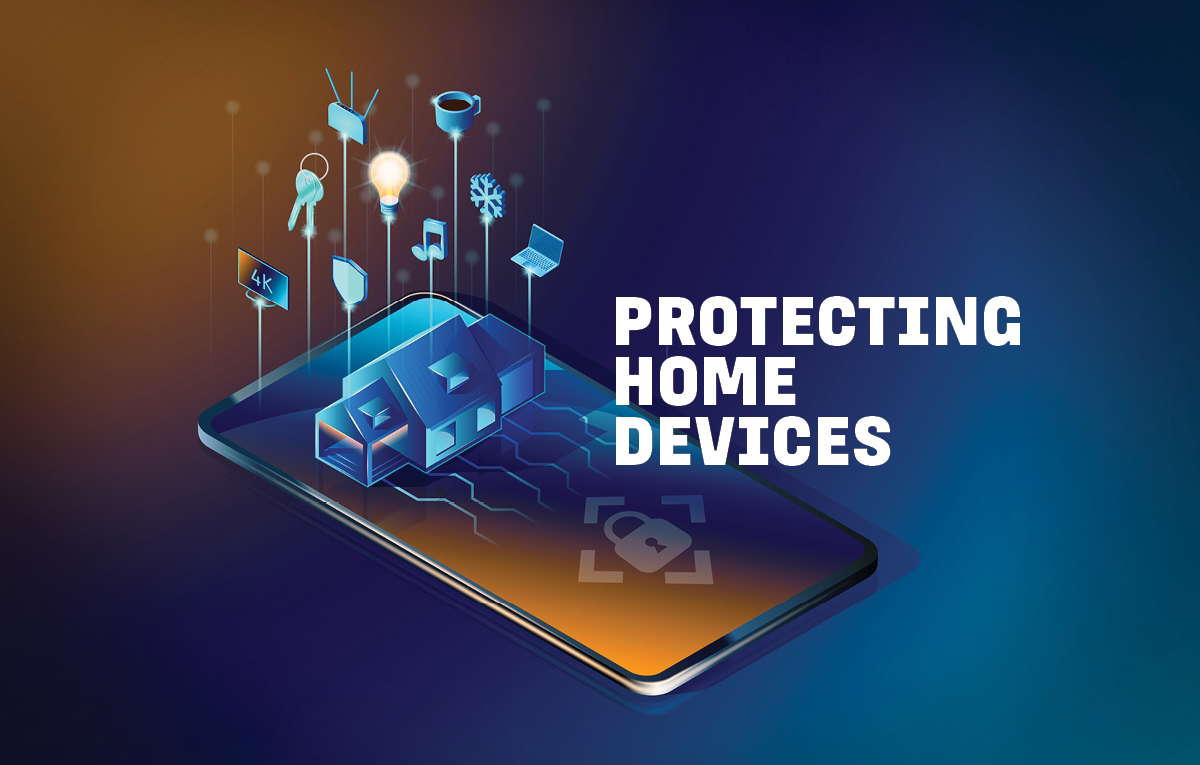justineanweiler.com – In today’s digital world, privacy has become a significant concern for many people. The internet offers a vast array of opportunities for communication, learning, and entertainment, but it also comes with risks that can compromise your personal information. Whether you’re browsing, shopping, or simply checking your email, it’s essential to take proactive steps to protect your privacy online.
Here’s a guide on how to keep your privacy safe on the internet:
1. Use Strong, Unique Passwords
Your passwords are the first line of defense against unauthorized access to your accounts. Weak passwords are easy targets for hackers. To improve your security:
- Use complex passwords that include a combination of letters, numbers, and special characters.
- Avoid using easily guessable information like your name, birthdate, or simple words.
- Consider using a password manager to store and generate strong, unique passwords for each of your online accounts.
- Enable two-factor authentication (2FA) whenever possible for an extra layer of security.
2. Be Mindful of What You Share Online
Think twice before sharing personal details on social media or websites. Information like your home address, phone number, or even your vacation plans can be used by malicious actors to steal your identity or scam you.
- Limit the information you share publicly on social platforms.
- Be cautious about oversharing in online communities or on public forums.
- Consider adjusting your privacy settings on social media accounts to restrict who can see your posts and personal data.
3. Use Encrypted Communication Tools
Encrypted messaging apps ensure that only you and the intended recipient can read your messages. Some popular encrypted apps include Signal, WhatsApp, and Telegram. These apps use end-to-end encryption, meaning even the app provider can’t access your conversations.
- Always use encrypted messaging for sensitive communication.
- Be cautious about sending personal or financial details over unencrypted platforms like SMS or email.
4. Install and Update Security Software
Keeping your devices secure with antivirus and anti-malware software is essential for protecting your privacy. Malicious software can steal sensitive information such as login credentials, bank details, or personal files.
- Install reputable antivirus software and keep it up to date.
- Use a firewall to protect your network from unauthorized access.
- Regularly update your device’s operating system and apps to patch known security vulnerabilities.
5. Be Careful with Public Wi-Fi
Public Wi-Fi networks, like those found in coffee shops, airports, or hotels, are often unsecured, making them a prime target for cybercriminals looking to intercept your data.
- Avoid logging into sensitive accounts (like online banking) when using public Wi-Fi.
- Use a Virtual Private Network (VPN) to encrypt your internet traffic and hide your online activity from potential attackers.
- Turn off sharing features on your device when connected to public Wi-Fi.
6. Use Privacy-Focused Search Engines
Traditional search engines like Google track your online activity and use it to serve personalized ads. If you want to keep your browsing history private, consider using privacy-focused search engines such as DuckDuckGo or StartPage.
- These search engines don’t store your personal data or search queries, allowing you to browse the web without leaving a digital footprint.
7. Be Wary of Phishing and Scams
Phishing is a form of cybercrime where attackers trick you into providing personal information, usually through fake emails or websites that look legitimate.
- Avoid clicking on links in unsolicited emails, especially those requesting personal information or login details.
- Always verify the sender’s email address and check the website’s URL before entering any sensitive data.
- Be cautious about unsolicited phone calls asking for personal information or money.
8. Limit Data Collection by Websites
Many websites collect and track your data for targeted advertising or other purposes. While you may not be able to avoid all data collection, you can reduce the amount of information shared by:
- Adjusting the privacy settings in your web browser to block tracking cookies and third-party trackers.
- Using browser extensions like uBlock Origin or Privacy Badger to block ads and trackers.
- Reviewing and managing the data settings of the apps and websites you use.
9. Check App Permissions
Smartphones and apps often request access to data that isn’t necessary for their function, such as your location, contacts, or camera. Before granting permission, ask yourself if the app genuinely needs this access.
- Review app permissions regularly and disable those that aren’t essential.
- Be cautious about installing apps from unknown sources.
10. Stay Informed About Security Threats
The internet is constantly evolving, and so are the threats to your privacy. Staying informed about the latest security threats and best practices can help you stay ahead of potential risks.
- Follow reputable tech and security blogs to stay updated on emerging threats.
- Regularly check your accounts for unusual activity and change your passwords periodically.
Conclusion
Online privacy is a critical issue, and while no method is foolproof, taking these steps can significantly reduce your risk of falling victim to cybercrime or having your personal data exposed. By being vigilant and proactive, you can enjoy a safer and more private online experience.
The key is to combine multiple layers of security, stay informed, and always be cautious about how much of your personal information you share and with whom.





